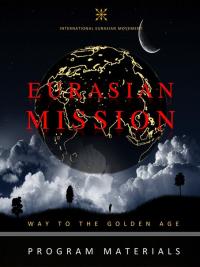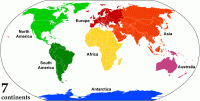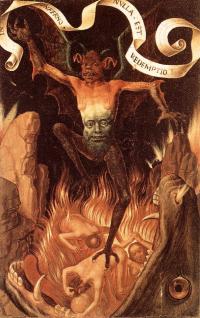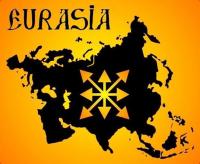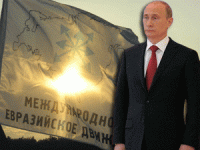Siberia: The Empire of Paradise
The Traditionalists’ (Guenon, Evola, Georgel, etc.) perception of the relationship between the paleo-continents, cardinal directions, and cyclical periods of ancient civilizations boils down to the following [30]: the North was the original orientation whose ancient paleo-continent located at the North pole was Arktogeya, or Hyperborea, with its sacred capital as Thule or Tula (for the Greeks and Aztecs) or Vara in the Zoroastrian Iranian tradition. It is important to note the similarity between the Iranian “Vara” – the northern city, capital of Aryan-Vedj, and the homeland of the Persians’ ancestors – and the Hindu term Varahi (literally “boar”, or “land of the boars”), as well as the Nordic designation of the continent. The Golden Age of mankind, lasting 25,920 years [31] is associated with this ancient, primordial continent. In the ancient tradition, the New Year came at the point of the winter solstice (or winter eclipse), i.e., the most obvious moment in the transition of the sun and light’s movement from descent to ascent. The priority of the northern orientation and celebrations of the New Year on the day of the winter solstice are signs of the Primordial Tradition itself.
The second cardinal direction was that of the South and the southern paleo-continent conventionally called Gondwana. The period of the southern orientation’s predominance falls on the Silver Age lasting 19,440 years. The New Year that falls on the day of the summer solstice corresponds to this orientation. Thus, the initial periods of our cycle, the Manvantara, were moved by way of the main migrations of the sacred proto-peoples along the vertical axis from North to South, which corresponds to the priority of the vertical over the horizontal (the axis of East-West) as a qualitative space in sacred geometry.




